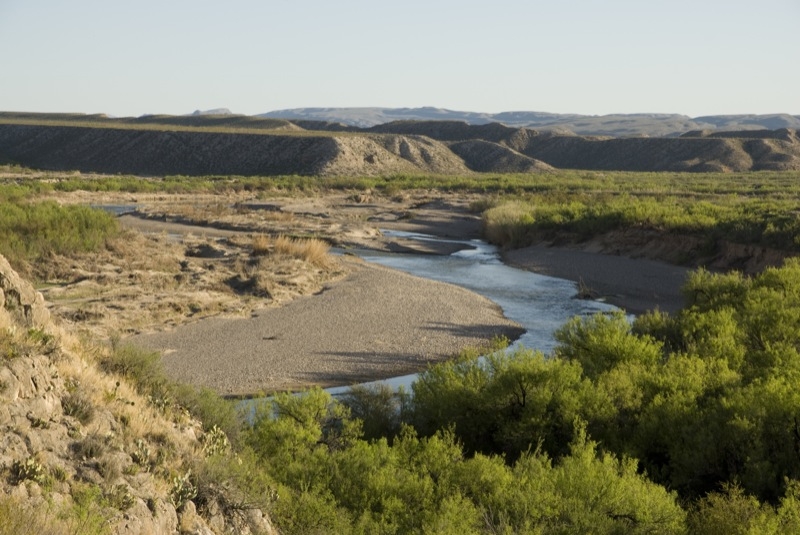MISSION, Texas -- In the freezer of a small funeral home nearly 13 miles from the Texas-Mexico border, 22 bodies are stacked on plywood shelves, one on top of the other.
The bodies wrapped in white sheets have names, families and official countries of origin -- Honduras, El Salvador, Mexico, sometimes China or Pakistan. The bodies in black shrouds are the remains of the nameless and unclaimed, waiting to be identified.
For the past few years, the family-owned Elizondo Mortuary and Cremation Service in Mission, Texas, has been taking in the remains of undocumented immigrants found dead in nearby counties after crossing the border from Mexico. This year, however, they had to build an extra freezer. It’s become difficult to keep up with the rising tide of dead coming to them from across the Rio Grande Valley.
Crossing the U.S.-Mexico border illegally has always been dangerous, but this year heat and drought have made the journey particularly deadly. According to U.S. Customs and Border Protection, this part of the border has seen a sharp rise in both rescues and deaths of people crossing the border illegally. So far in 2012, agents have rescued more than 310 people, and found nearly 150 dead in the Rio Grande Valley -- an increase of more than 200 percent over the last fiscal year.
This comes as migration across the U.S.-Mexico border has dropped to historic lows, falling nearly 62 percent over the last five years, according to numbers recently released by CBP. But the proportion of deaths to apprehensions is rising -- suggesting that while fewer are crossing, more are dying.
Ground zero is over 70 miles north of the border, in Brooks County. Last year the remains of about 50 presumed undocumented immigrants were found in the county. This year, the tally has reached about 104, with nearly three months to go.
The rising number of unclaimed corpses marks a growing crisis for this cash-strapped county of fewer than 7,500 residents. Because Brooks has no coroner, it sends the bodies recovered on its vast cattle ranches to Elizondo in neighboring Hidalgo County. It costs, according to county officials, about $1,500 for each body to be processed.
Both the county and Elizondo also make efforts to identify the remains. In most cases, chances are slim. The mortuary uses physical descriptions and accounts of the clothing worn by missing immigrants to attempt to match bodies, but often there are few clues to work with. The elements and animals often destroy corpses and scatter bones across the desert. While DNA testing could help, neither Brooks County nor Elizondo can afford to order the tests for every unidentified body.
Many of the migrants who are found dead in this part of South Texas end up buried in paupers’ graves, remembered only by their gender, case number and the name of the ranch where they died.
In September, Marta Iraheta traveled from Houston to Falfurrias, Texas, the seat of Brooks County. She came seeking the remains of her nephew and a friend who disappeared in July as they crossed illegally into the United States.
Twenty-year-old Elmer Esau Barahona left his hometown of San Vicente, El Salvador, on June 10th. On June 27th -- his is daughter’s second birthday -- he called his mother to say he had arrived in the border city of McAllen, Texas.
He told her he and his friend were staying in a stash house, waiting for the smugglers to take them on the next leg of the journey. From the stories Iraheta has pieced together from survivors, her nephew and his friend left McAllen five days later, on the evening of July 2.
Tuesday 9 October 2010
http://openchannel.nbcnews.com/_news/2012/10/09/14300178-deadly-crossing-death-toll-rises-among-those-desperate-for-the-american-dream?lite


0 comments:
Post a Comment